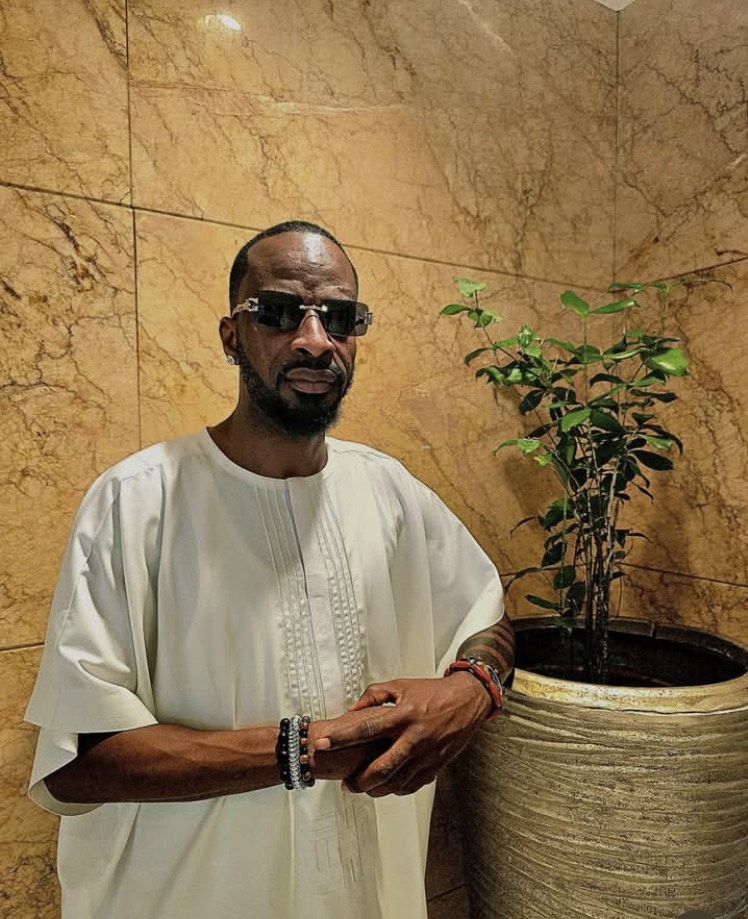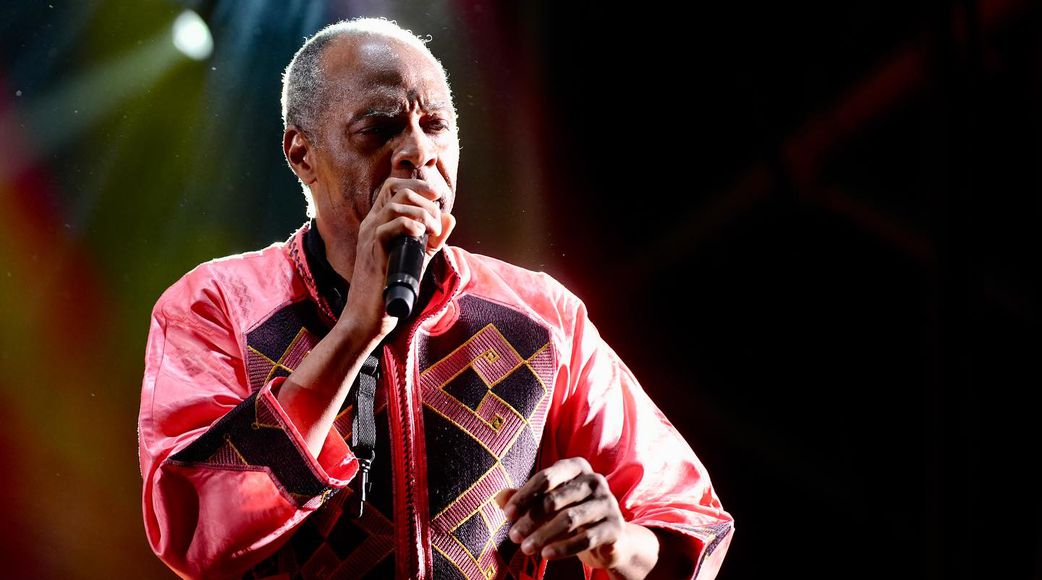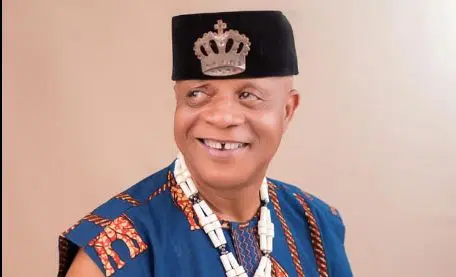Legendary Nigerian singer 9ice, best known for his hit “Gongo Aso”, has given fans an unfiltered glimpse into his spiritual and personal journey during a revealing conversation on The Nancy Isime Show. The singer spoke candidly about a mysterious illness, his departure from conventional religions, and his new life as a custodian of Yoruba traditions.
9ice shocked viewers when he recounted a life-threatening experience that almost ended his career. According to him, around 2009 to 2010, he began vomiting blood for six straight months — an ailment that baffled medical professionals and had no clear diagnosis.
“Doctors couldn’t find what was wrong with me. Every test came back negative, but I was dying slowly,” It wasn’t until I sought help from an Ifa priest that things turned around he said. The experience marked a turning point for 9ice. Rejecting Christianity and Islam, he
now proudly identifies as a traditionalist and Babalawo (priest in the Ifa tradition). He believes this choice saved his life and reconnected him to his roots.
“I’m not a Christian or Muslim. I’m an African traditionalist because that’s who I am. I should have embraced it earlier,” 9ice declared.
Referencing the late Afrobeat icon Fela Kuti, 9ice noted how Fela was criticized for his devotion to Ogun (a Yoruba deity) but is now celebrated for staying true to his roots. 9ice believes this cultural shift proves the growing respect for African spirituality in
modern society. “They mocked Fela for following Ogun. Today, people understand better,” he said.
The singer didn’t hold back on his views about the music industry. He warned that spiritual forces influence entertainment spaces, describing substance abuse and reckless living as signs of deeper spiritual manipulation. “Smoking is not just a habit. It’s a sign of spiritual control. The devil runs music,” he stated bluntly. This, he explained, is why he’s advocating for artists — especially the younger generation — to stay spiritually guarded and connected to their roots.
For 9ice, embracing traditional religion isn’t just personal — it’s cultural. He urged Africans to rediscover their ancestral faiths as a source of identity, strength, and protection in a world he sees as spiritually complex. “Our traditions have power. We abandoned them for what we don’t fully understand. It’s time to return,” he concluded.





